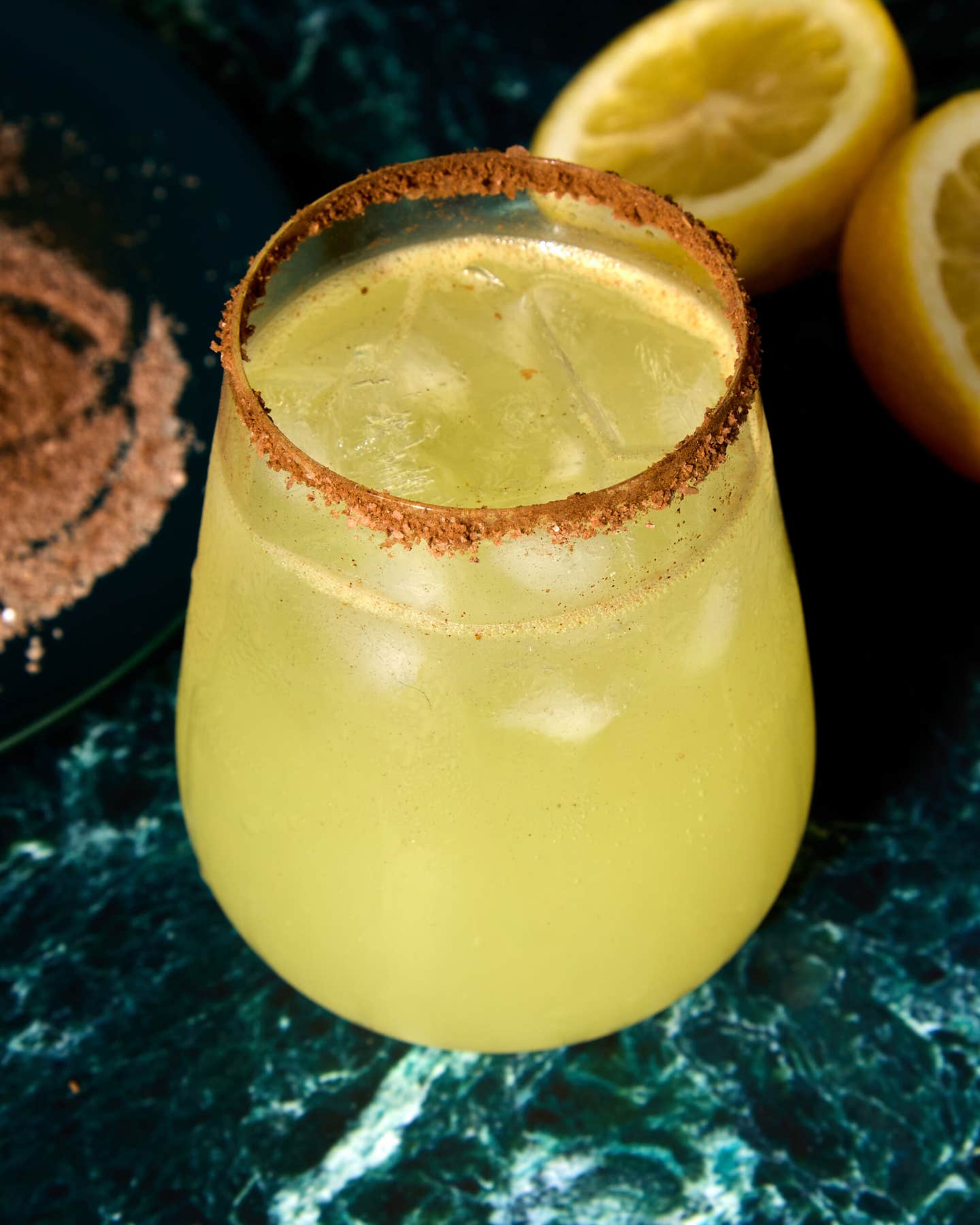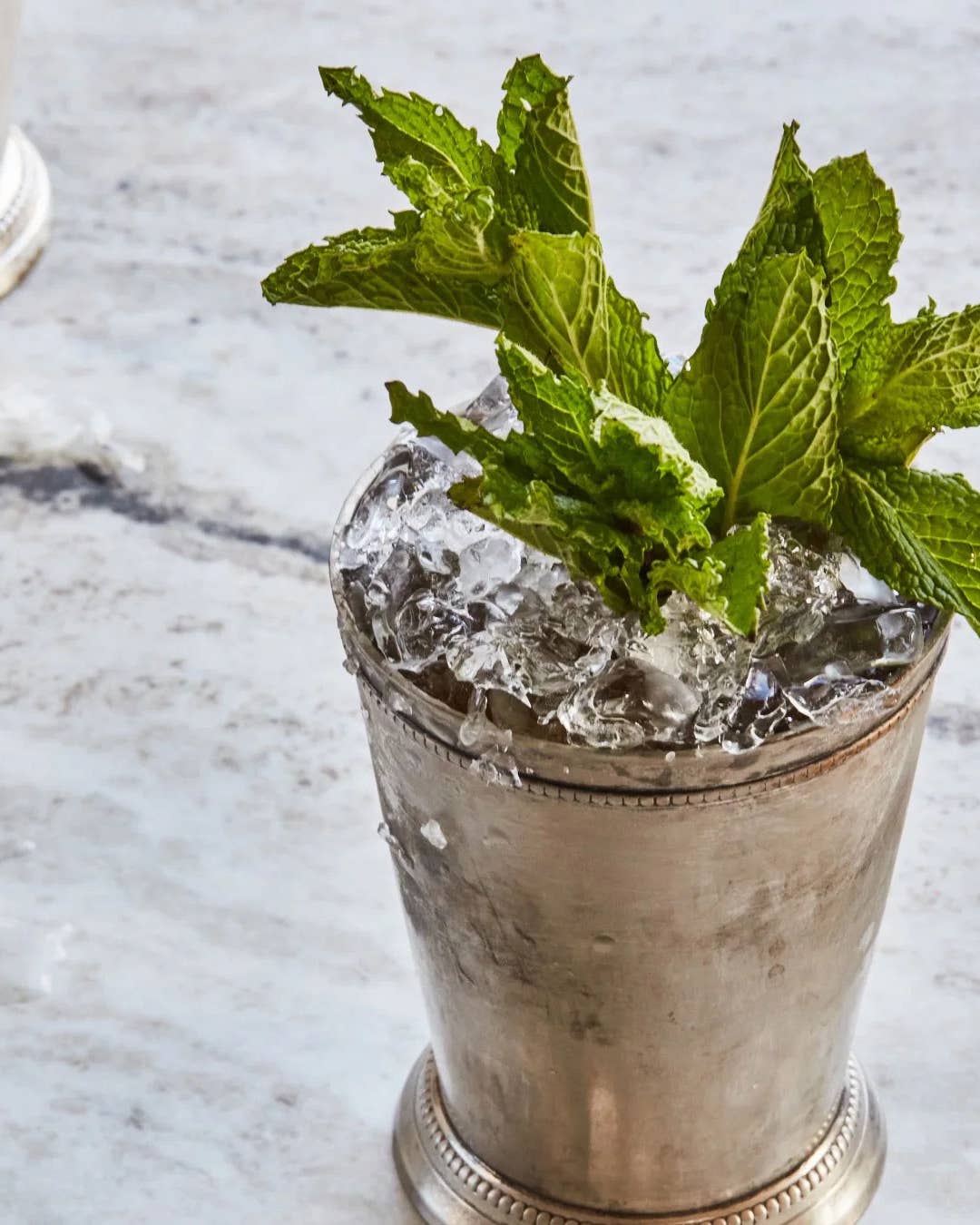
Drinking Kosher
According to the kashruth, the portion of Jewish law regulating the consumption of food and drink, wine is kosher— and thus acceptable to observant Jews—only if it is produced under regulated conditions by kosher wineries. The rules for the hard stuff, on the other hand, are a little more ambiguous.
"The whole thing is confounding to the kosher consumer," sighs Rabbi Isen of Orthodox Union, the largest kosher certifying agency in the world. "The one industry in the country not under the guidelines of disclosure is the alcoholic beverage industry. They could be putting pork chops in there, and you wouldn't know the difference." Isen and kosher watchdogs like the Khal Adath Jeshurun organization do, however, and they offer a few pieces of advice for anyone who wants to keep a kosher liquor cabinet:
Bourbon: Stock up.
Brandy: Since it is distilled from wine, it should be avoided.
Cordials and liqueurs: Unless they're certified kosher, stay away—additives and flavorings can cause a problem.
Gin: No problem.
Rum: Only white rum and only that bottled in the Caribbean. Nothing dark and nothing spiced. "We are not privy to everything that is happening in the flavoring process," says Isen, "so we cannot recommended it."
Scotch: Single malt scotches can be a problem since some are aged in sherry or port casks (which would make them off-limits), a fact rarely mentioned on the label. (One of the finest brands, Macallan, is an exception, advertising that it is aged entirely in sherry casks; unfortunately, that means it must be avoided.) If you find single malt too irresistible to pass up, though, don't worry. The percentage of problem scotches is so small, Isen says, that you can take the gamble. "Pray," he advises.
Tequila: Only that bottled in Mexico (a small percentage is bottled in the U.S.). For obvious reasons, avoid any with a worm at the bottom of the bottle.
Vodka: Stick with domestic brands, plus Finlandia, Gordon's, Stolichnaya, and Absolut, among the imports. Steer clear of flavored vodkas, which run the risk of containing nonkosher additives, and be careful of Smirnoff: There is no kosher designation on the label, largely because its maker, Heublein, bottles other liquors, such as tequila, at the same plants.
Keep Reading
Continue to Next Story










